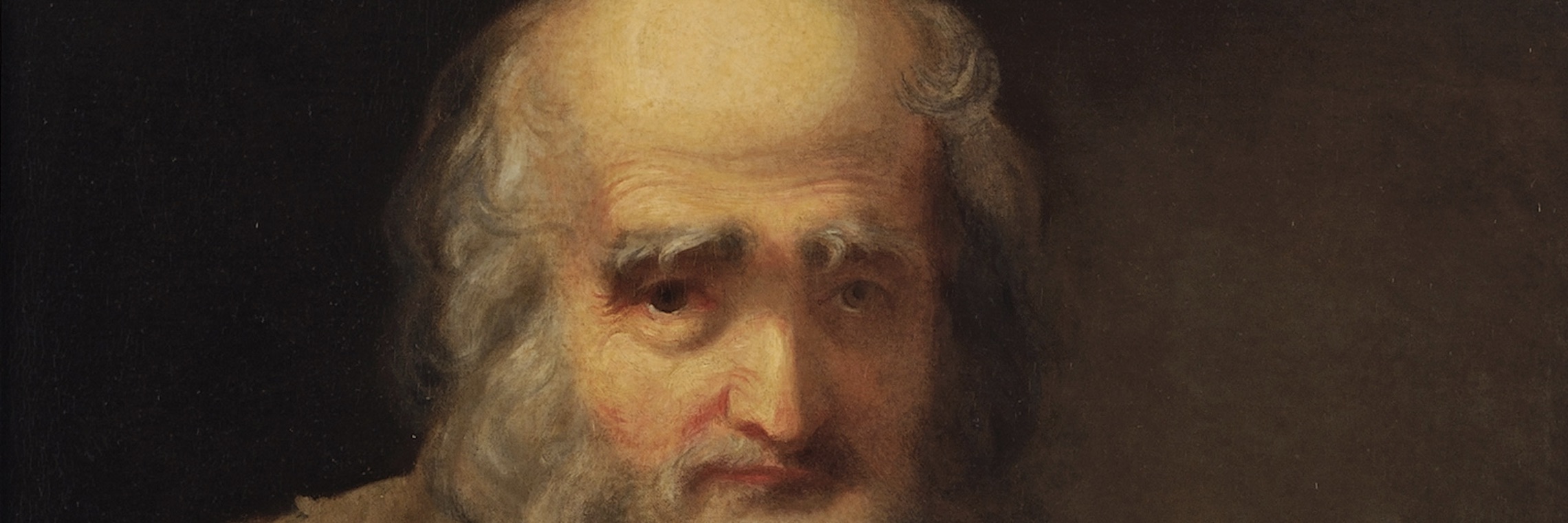Alexander Hamilton wrote: “In place of fanaticism and state-sanctioned religion, Hamilton saw economic gain in a fair and open religious free-market. Manufacturers could be lured to America not only because of cheaper labor, lower taxes and better access to raw materials, but also by America's personal liberties, including not just religious tolerance but "a perfect equality of religious privileges" (from Report on the Subject of Manufacturers” Dec. 5, 1791).
FYI to
Grumblenuts America is a nation founded upon European settlers settling by seizure of nearly absolutely free land that was highly suited to the business of agriculture and family farming and ranching like The Ponderosa and eventually to the extraction of minerals from under the ground.
As a matter of living with a bothersome conscience for the taking of land from the people who held the rights to it for tens of thousands of years, it was best assuaged in church teaching that Jesus Christ the Son of God wants us to have it all.
Alexander Hamilton tried a death bed conversion to Christianity but we will never know if he was successful.
This lesson on Revolutionary War veterans teaches middle and high school students about the fate of the thousands of Americans who fought for independence.

www.americanrevolutioninstitute.org
Here is an interesting tidbit about Hamilton’s decision to screw the revolutionary war veterans out of being paid for their service that defeated the British Army.
WHO SHOULD GET PAID?
Despite years serving in the army, Hamilton later issued financial plans as Secretary of the Treasury that put great pressure on his fellow veterans.
Strapped for cash during the War, the states and Continental Congress issued bonds and pay slips (government IOUs) to civilians and soldiers who supported the war effort. In the years following the war, these IOUs lost value in the deflated economy. Many poor veterans had a difficult choice to make: wait for their pay slips to reach full value, which could take years, or sell them for cash at a reduced value. Many veterans sold their pay slips to buy food and clothing. Merchants purchased the IOUs from veterans, at reduced prices, under their belief that they would eventually redeem them at full value.
As Secretary of the Treasury, Hamilton felt it was important for the newly established Federal Government to pay its debts. The question was, who would the government pay? The veterans who were issued the payslips? Or the merchants who purchased them from the veterans?
Although he himself was a veteran and had commanded some of these men who now found themselves facing financial hardship, Hamilton argued that the government should pay the bearer (holder) of the IOU. Although some, including James Madison, felt the government should honor its veterans by issuing the pay promised to them, Hamilton felt this sort of treatment would undermine the faith of businesses and wealthier Americans in their new government. Hamilton wanted to reward those who had taken a risk and invested in the financial success of the United States.
THEMATIC OVERVIEW
www.AmRevMuseum.org © Museum of the American Revolution

